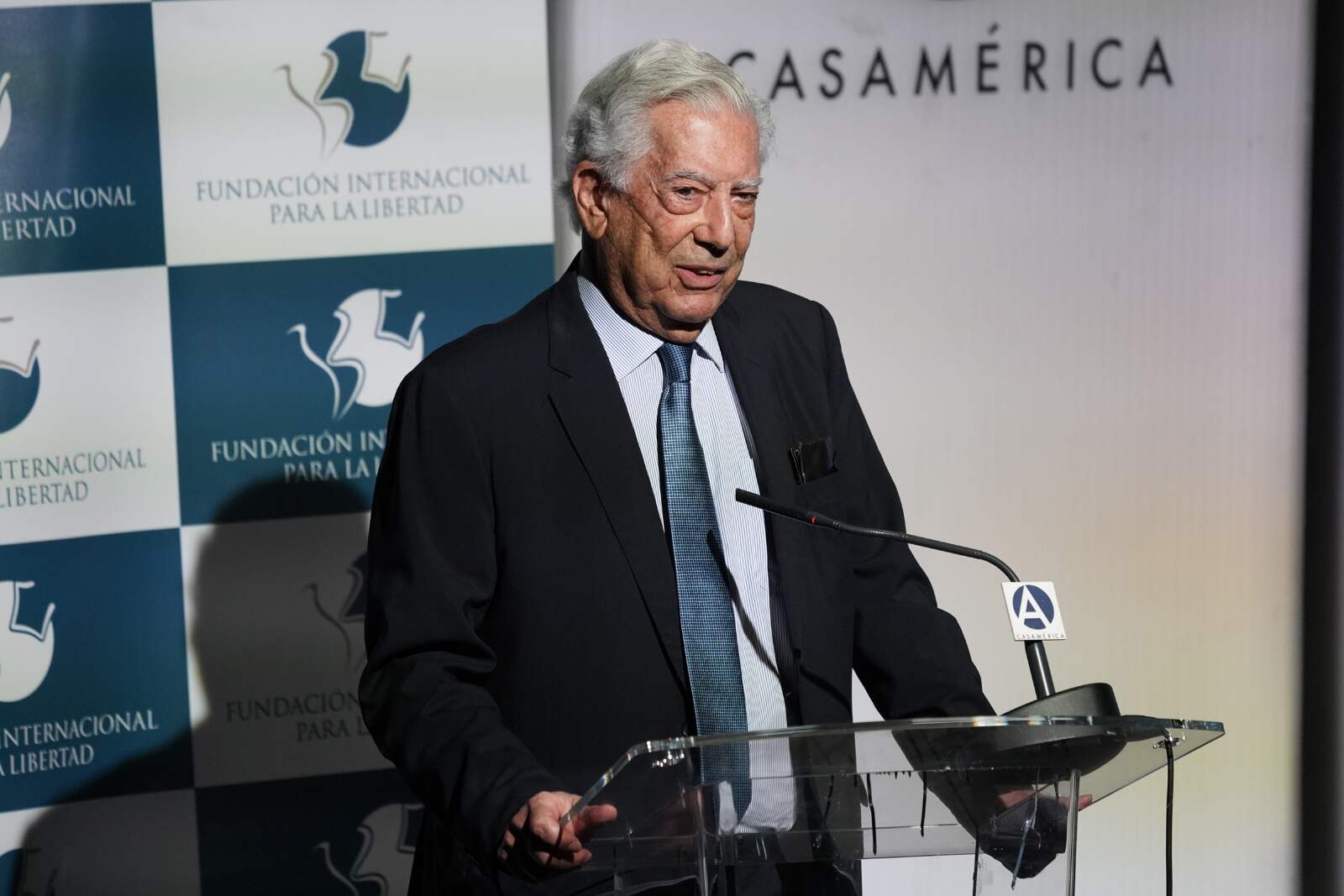The Hispanic-Peruvian Nobel Prize in Literature winner, Mario Vargas Llosa, has passed away at his home in Lima. Upon this news, broad sectors of Catalan independence supporters have criticized his figure and even celebrated his death. The reason is that they do not forget that the writer stood out as one of the most critical voices against the procés.
In Vilaweb, for example, they headline the news by saying "Mario Vargas Llosa Dies, Great Writer, Nobel Prize Winner, and Reactionary Politician." Meanwhile, ElNacional, a bit more moderate than Partal's digital outlet, refers to Vargas Llosa as "the most combative writer against independence." Separatism Always Hated Vargas Llosa | Europa PressPresident Illa has been one of the few who, from Catalonia, has given an institutional profile to this news.

Even more so considering that Vargas Llosa lived in Barcelona alongside other writers of the 'boom.' In fact, President Illa has highlighted this fact in his message, referring to Barcelona as "the capital of the Latin American boom":However, where the most hatred has undoubtedly been seen is among the comments on social media about this news. Many independence-supporting users celebrate the writer's death with very harsh words.
"A huge fascist and anti-Catalan son of a bitch," "one less enemy," "it's celebrated," "well, it's turned out to be a good day...
," users said.A Voice in Favor of Spain and the ConstitutionAs many will remember, Vargas Llosa, already a Nobel Prize winner, got involved in the tumultuous years of the procés. In 2017, for example, he was one of the most prominent voices of the demonstration in Barcelona against the 1-O referendum.
This earned him broad sympathies among parties like PP and Ciudadanos, as well as among prominent political leaders.Vargas Llosa did not hesitate to describe independence as "the biggest problem Spain has." And having lived in Barcelona during Catalonia's golden age, the writer was incredulous about the return of nationalism.
"I could never have imagined that Catalonia would regress to primitive nationalism," Vargas Llosa said. And about the CUP, for example, the writer said that "there is no more traditionalist and reactionary party.".
Politics

Rain of Insults from the Separatism Movement to Mario Vargas Llosa After His Death Is Announced

The writer was one of the strongest voices against separatism, which he considered 'reactionary'















